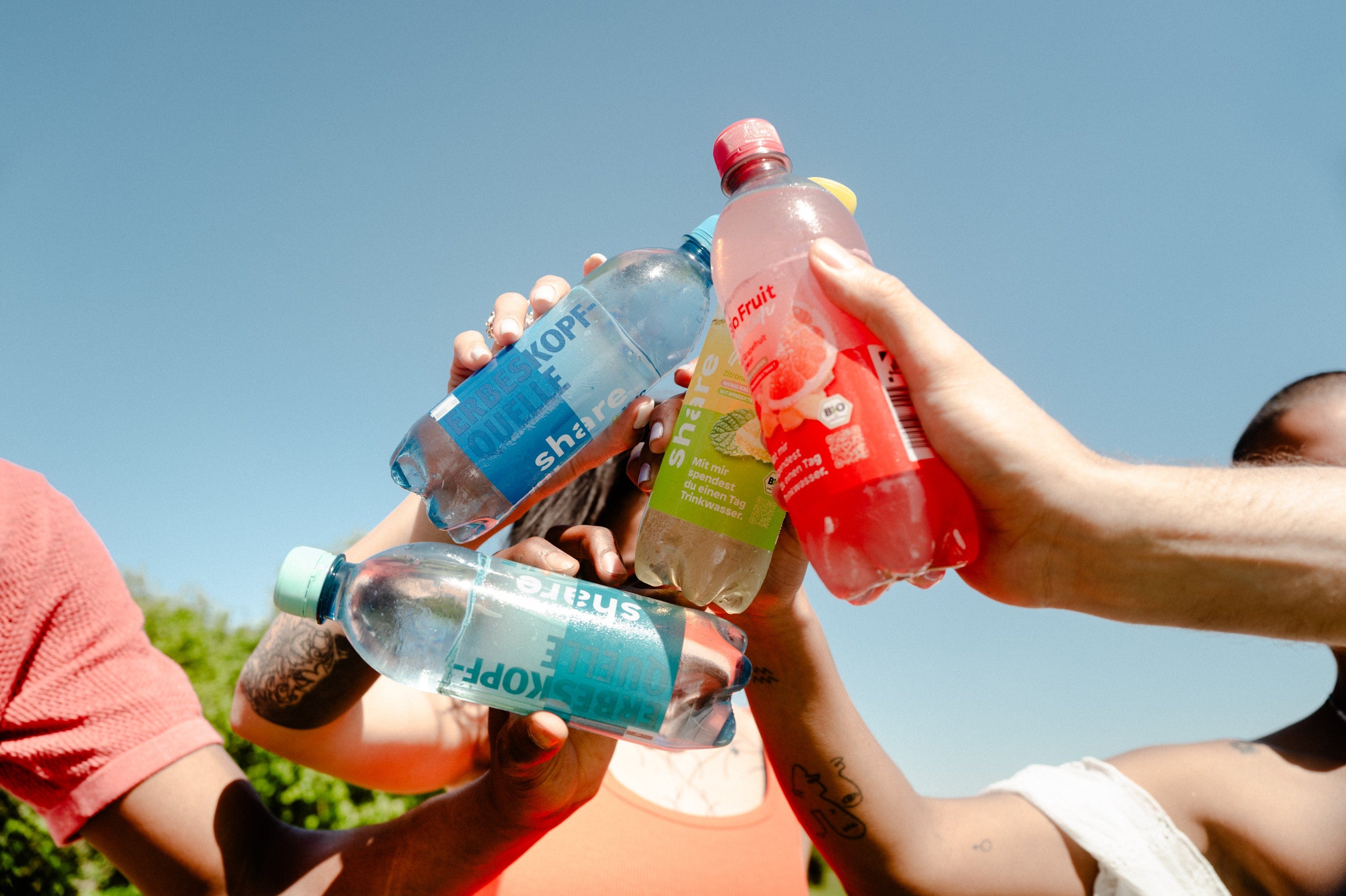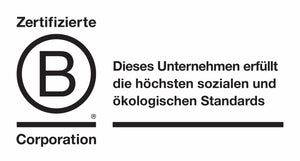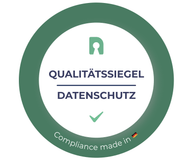Bettina Iseli fought against hunger in countries such as Kenya, Pakistan and Sri Lanka. Today, she is a programme director on the board and is responsible for all Welthungerhilfe projects. Here she explains why there is often well-intentioned but poorly implemented aid – and how serious support really works.
Two out of three German companies are now socially committed. They plant trees, donate money or support local initiatives. That should make you happy, right?
Of course, we are very happy about this, especially when it comes to the issue of hunger. What is new in this context is that employees and consumers are actually demanding social and societal commitment from companies. But of course not all commitment is equally good.
What goes wrong with some engagements?
Some companies get involved primarily because they think about their external impact. Other companies really want to make a difference and deal intensively with the respective topic - as is the case with share, Coffee Circle or Atlas Copco. The motivation of the company is ultimately reflected in how meaningful and well thought out the commitment is.
How can I, as a layperson, distinguish between “good” and “bad” engagement?
As a consumer, you can check how transparently the company communicates its commitment and its impact, for example, simply on the website. You should also pay attention to how trustworthy the partner organizations are that the company works with, for example whether the partner organization has the DZI seal - this seal proves that an organization handles the funds entrusted to it carefully and responsibly.
You have worked in countries like Pakistan and Kenya yourself. How does aid really make a difference?
It is important, above all, to involve the local population and to seek dialogue on an equal footing. This means listening carefully to what people need, what they have to say - but also recognizing what resources are already available to improve the situation.







